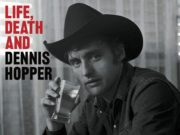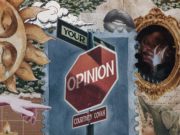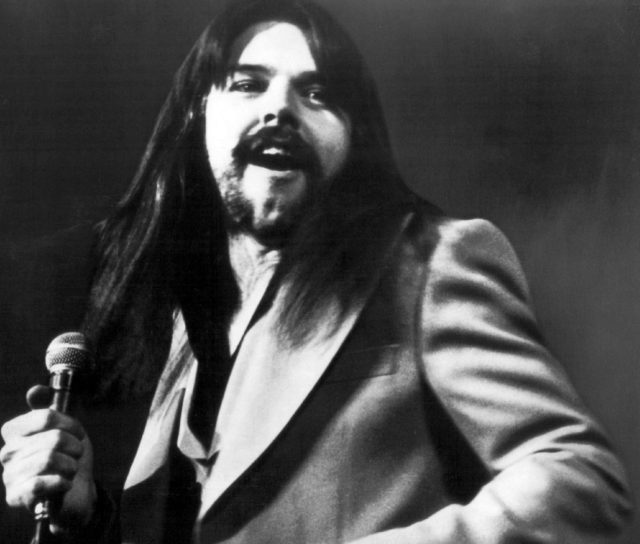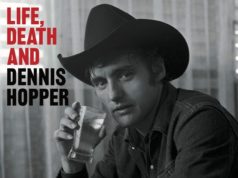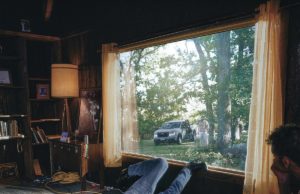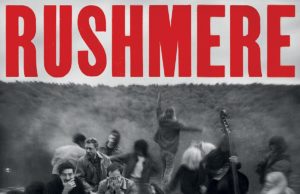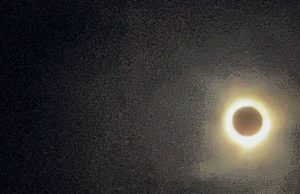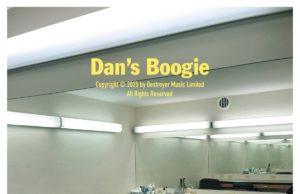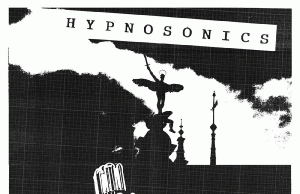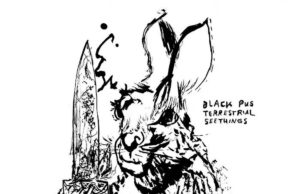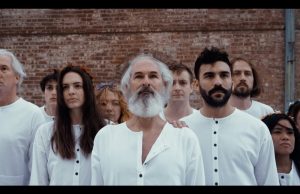Artists seldom make the best judges of their own work. Or their own legacies.
Take Bob Seger and his early releases. Based on interviews the Detroit rocker has given over the decades, he doesn’t care for much of his older singles and albums. “Vagrant Winter was a bum,” he laughingly told a Goldmine interviewer in 2007. “Chain Smoking was a bum. Oh my God, I hope nobody ever hears them. There’s a bunch of songs on Back in ’72 that are bums. People keep saying, ‘I want to hear that album’ and I go, ‘No, that’s OK.’ ”
After decades of sticking to his word, Seger and longtime manager Punch Andrews appear to have relented ever so slightly. The recent compilation Heavy Music: The Complete Cameo Recordings 1966-1967 unearths a double-handful of those long-buried classics (including Vagrant Winter and Chain Smoking). And of course, you can still score Seger’s 1969 debut full-length Ramblin’ Gamblin’ Man, whose hard-hitting, B3-blasting title track was his first national Top 20 single. It was also his only bona fide hit until 1976’s Night Moves cracked the Top 10, kicking off the career he still enjoys to this day. But make no mistake: Those two discs barely scratch the surface of what’s out there.
And if it’s easy to see why Seger dismisses his old songs, it’s just as easy to disagree with his assessment. Because with all due respect, he’s just plain wrong. Granted, those pre-fame singles and albums don’t sound much like the Seger most folks know and love. He was still coming into his own as an artist, trying different sounds and styles — garage-rock and surf, folk and country, soul and R&B, psychedelia and blues and you name it — en route to the rootsy Heartland Rock that turned him into a household name (and sold countless pickup trucks). But even if they were failed experiments (at least commercially), plenty were beautiful losers that deserve another chance. I’m not alone on this; there’s even a Detroit band called The Seger Liberation Army (yes, SLA) dedicated to resurrecting Bob’s orphaned oldies.
On a similar note — and with the help of the Internet — I dug through Seger’s oldies and put together this list of his greatest misses.
East Side Story (1966)
If you’re going to dig into Seger’s crates, you might as well start with this Middle Eastern-tinged garage-rock nugget — his first single under his own name, backed by his band The Last Heard.
Heavy Music (1967)
Propelled by a relentless bassline and topped with ad libbed lyrics reminiscent of Wilson Pickett or Otis Redding, this early single lives up to its title. Seger liked it enough to recut it for 1972’s Smokin’ O.P.’s.
2 + 2 = ? (1969)
Ramblin’ Gamblin’ Man‘s title cut isn’t its only keeper. This darkly fuzzy and hypnotically heavy anti-war track is a stone-cold killer. Jack White has called it his favourite song — and some folks say they can hear the love in the bassline of Seven Nation Army.
Innervenus Eye (1969)
The title alone makes this cut from Seger’s second album Noah a must-hear. A pumping R&B groove, a searing guitar line, some percolating keyboards and Bob’s throat-shredding vocals seal the deal.
Song to Rufus (1970)
The leadoff track to Seger’s Mongrel album busts out of the gate — and sets the tone for the disc — with its take-no-prisoners blues-rock boogie.
Lucifer (1970)
Another slice of pumping meat ’n’ potatoes rock from Mongrel, highlighted by some self-mythologizing vocals and a sharp melodic hook. Devilishly good.
Bo Diddley | Who Do You Love? (1972)
To kick off his winkingly titled covers disc Smokin’ O.P.’s (it supposedly stands for other people’s songs), Seger leads his crew through a smoothed-out, stretched-out jam on two Bo classics.
Rosalie (1973)
If the title sounds familiar, it’s probably because you’ve heard Thin Lizzy‘s amped-up cover from 1975’s Fighting. Check out Seger’s more soulful, horn-laced original ode to an influential DJ.
Back in ’72 (1973)
Seger might want to forget Back in ’72 — but the chunky guitar riff and growling horns that go with his gritty vocal make the disc’s title cut nothing but memorable.
School Teacher (1974)
Between the blistering guitar work, the speeding beat and Bob’s full-throttle vocals, this deep cut from the superb album Seven sounds more like an outtake from The MC5 or Rory Gallagher.
Get Out of Denver (1974)
A couple of years after covering Chuck Berry‘s Let it Rock, Seger follows in the master’s footsteps with this retro barnburner about trying to outrun the law. See also: Dave Edmunds‘ fleet-fingered cover.
U.M.C. (1974)
It stands for Upper Middle Class — and it’s what Seger supposedly aspires to on this midtempo blues shuffle. Once Beautiful Loser hit the following year, he’d be on his way.




